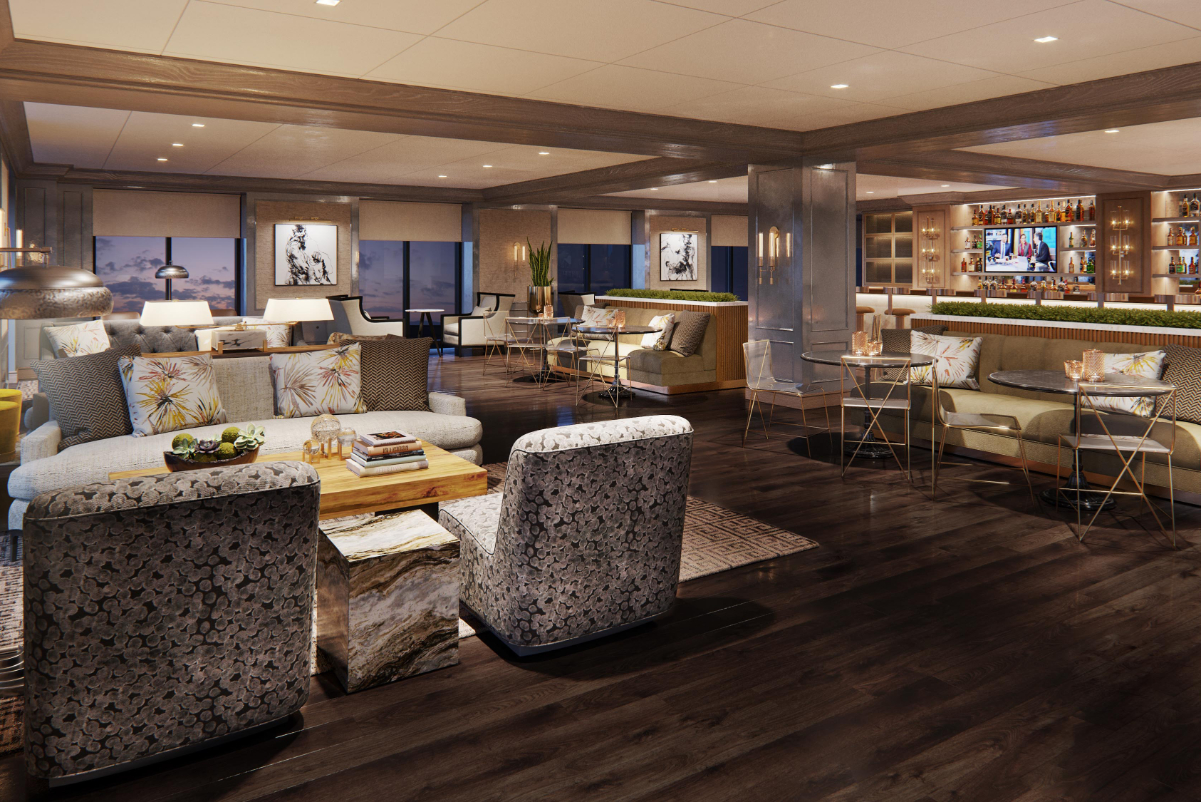Choice Hotels Looks to Transcend Budget Image by Going Upscale

Skift Take
Choice Hotels' recent acquisition of Radisson's Americas business looks like a post-pandemic statement of intent. The $675 million deal will help shift the company's portfolio mix upmarket.
"Currently, every new unit entering our portfolio has continued to generate, on average, twice the revenue as a unit leaving it," said Dominic Dragisich, chief financial officer, in a Monday earnings call. "The addition of approximately 60,000 Radisson America's domestic rooms open or in the development pipeline as of the end of the third quarter marks the next chapter in Choice's higher revenue per room growth trajectory."
Adding hotels that generate more revenue has already bolstered the Rockville, Maryland-based company. Choice Hotels forecasted that its full-year 2022 adjusted earnings before interest, taxes, depreciation, and amortization — a measure of profit — would rise by more than 25 percent versus its full year 2019, which had been its pre-pandemic peak.
In the third quarter, Choice generated a net income of $103.1 million on $414.3 million in revenue. Net income was down 12 percent year-over-year as higher costs mainly related

